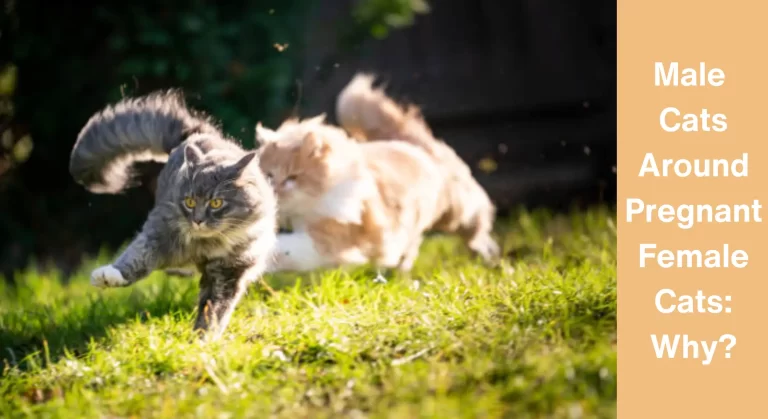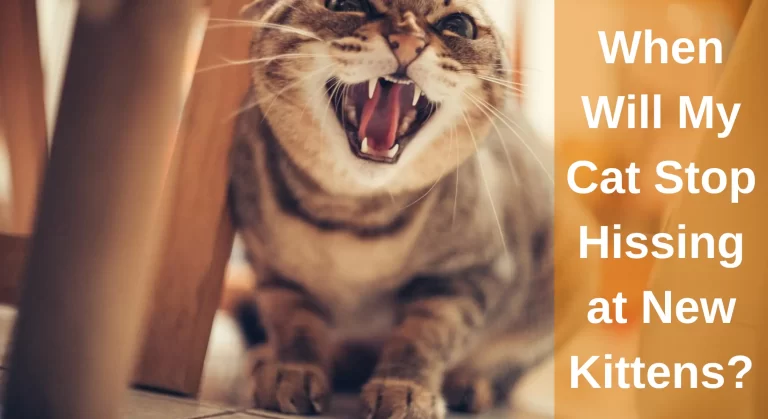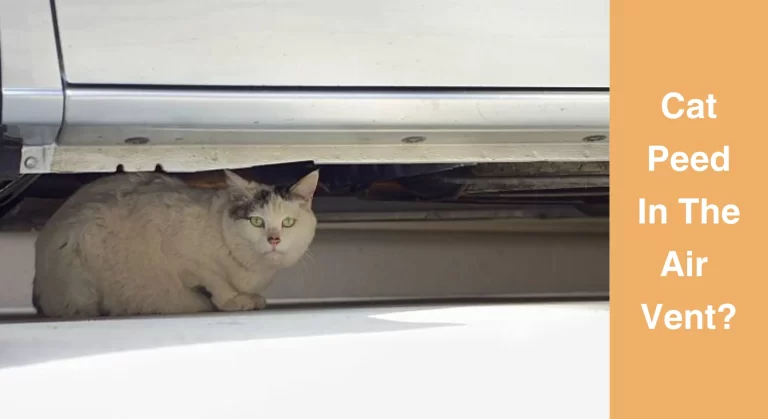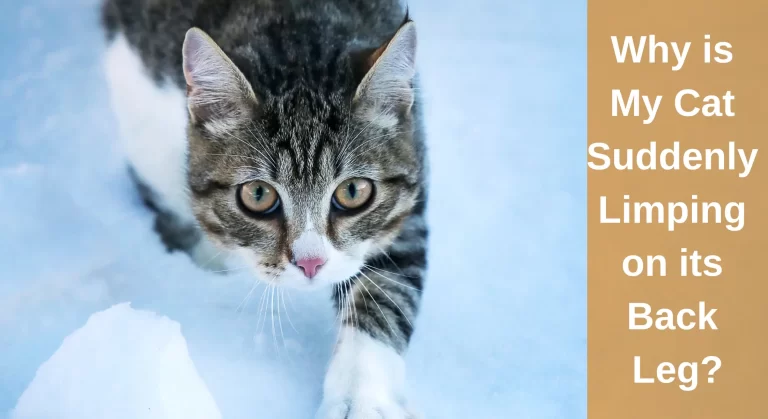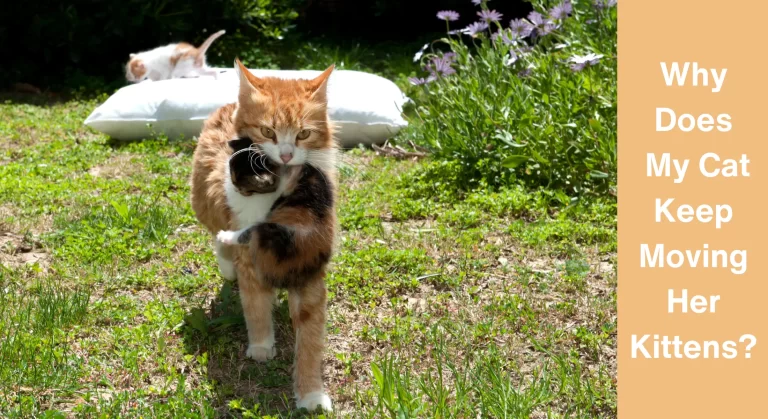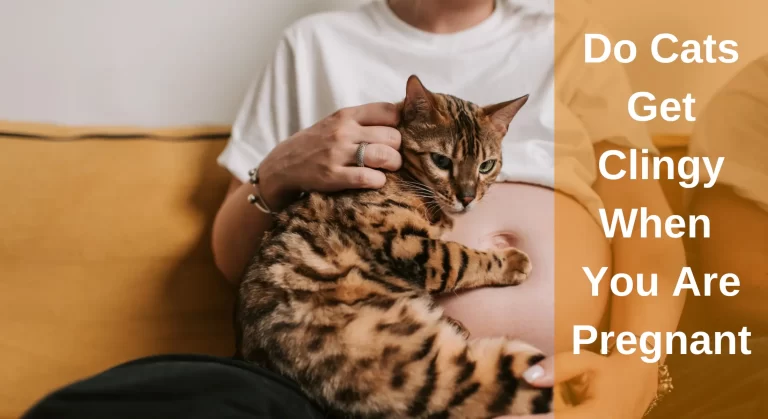Cat Making Weird Mouth Movements? [Answered]
Like other animals, cats also exhibit unusual behavior if anything is wrong with them. If you’ve ever seen your cat make weird lip and jaw motions, you understand how unsettling it may be. Like most owners, you might be curious to know Why Cat Making Weird Mouth Movements?
Cats exhibit strange mouth movements due to various factors, with chattering, the Flehmen response, and panting being the most prevalent. Chattering, seen when they’re excited or frustrated, involves rapid chewing motions. The Flehmen response involves cats curling their upper lip to expose teeth, aiding in scent analysis. Panting, though less common, can indicate stress or cooling down. While these behaviors are common, they can sometimes result in unusual jaw motions or lip postures. In certain cases, these odd mouth movements could indicate underlying health issues(dental problems) that require your attention .
In this article, we’ll delve into the common causes of these odd mouth movements and provide insights into when you should be concerned and seek professional help.
Why is My Cat Making Weird Mouth Movements?
Feline behavior can be captivatingly complex, and these peculiar actions often have intriguing explanations. Let’s explore the three most common reasons behind these enigmatic behaviors:
1. The Flehmen’s Reaction
It is often known as cat stink face, it is one of the strangest, stupidest, and most amusing mouth motions you’ll ever see a cat do. Cats do this by rolling their lips up, baring its teeth and holding their mouth open for a few seconds. They also squint their eyes from time to time, giving them a shocked or even disgusted expression.
Remember that this strange mouth movement does not indicate that your pet is dissatisfied; instead, it suggests that they have detected a fragrance that piques their curiosity, and the Flehmen reaction assists them.
2. Cats Chattering
One of the strangest behaviours that cats may have is cats chattering. You won’t discover anything inside your cat’s mouth despite what seems to be a quick chewing motion. When cats do this, they emit a high-pitched chirping sound.
That’s because kitty cat chatter is supposed to be a mix of eagerness, irritation, and anticipation aimed at prey that’s generally beyond grasp.
To imitate the sound of their prey, cats will chatter. If a cat begins to chatter after hearing a loud call from a bird outside the window, and the cats are connected, such as mother and kitten, they are probably communicating.
When chatting with cats that aren’t connected to them, they’re probably planning a fun attack on the other cat. According to biologists, a wild cat in the Amazon jungle has been discovered to do just that.
3. Periodontal Disease
If your cat is pawing at its mouth and drooling and making strange motions, it may have gum disease. When your cat’s teeth are coated with bacterial plaque, the surrounding gums become irritated.
The gums can be distressing and inflamed by both calculus and plaque. This inflammation may be very uncomfortable, and your cat may stop eating.
Check Out: Can I Use a Human Toothbrush on My Cat?
4. Puffing And Blowing
It’s a little more startling when it happens to our cats because it’s the natural behaviour of dogs to pant. Panting can be natural under some circumstances, but it can also be a sign of various medical problems, including overheating.
Rarely have you seen a panting cat? Thus, the mouth movement may appear weird. Cats pant far more subtlely than dogs, and they don’t produce nearly as much noise.
5. Lodging of Something in Cat’s Throat-Mouth
Like humans, cats are prone to getting food lodged between their teeth. You may observe your pet making strange lip motions in this situation.
Furthermore, if anything is lodged in your cat’s mouth, they may paw at it or even retch. The most typical culprits are a hard kibble, a toy component, a bone, a collar piece, or the cat’s fur.
6. Crowding Leads to Clogging
Upper respiratory infections (URIs) happen in home cats who live in low-stress environments, but they can be rather prevalent among cats residing in shelters.
This illness is similar to a cold in that it causes sneezing, sore throat, and congestion. Like in people, the intensity of cold in cats varies greatly
Other Reasons For Cat’s Weird Movements: Dental and Oral Health
| Diseases | Explanation |
| Craniofacial trauma | An accident or broken tooth. You’ll notice swelled face or jaw. |
| Mucositis | Feline stomatitis is a disorder in which the mouth, gums, and upper throat mucous membranes become inflamed. When cats with feline stomatitis yawn, or meow, they may struggle to eat or even leap or hiss |
| Oral cancer | Benign tumours may grow around your cat’s lips and gums. These tumours are usually harmless until they become so huge that they prevent your cat from eating or acting normally. |
| Moeller’s glossitis | Refers to a condition in which your cat’s tongue becomes inflamed. Drooling, reluctance to eat and unusual mouth motions are all symptoms that your cat is suffering from this illness. The swelling may persist for a few days. |
| Feline orofacial pain syndrome | Chronic discomfort in the mouth is joint in cats with this disease, commonly triggered by mouth movement. Most cats in distress may paw at their jaws and move their tongues in odd ways. |
| Jaw deformities | Cats can acquire an overbite, in which the top jaw extends farther than the lower jaw. So, the lower jaw may be longer than the upper jaw, resulting in an underbite. |
Is Your Cat Gagging Because Something Is Lodged In Its Mouth?
In some instances, a cat will begin to display distress by opening its mouth, choking, and not feeling at ease. Each circumstance is different, although it usually involves the cat’s mouth.
Because they have tooth difficulties, cats act as though something is trapped in their mouths. Your cat might be suffering from dental decay, gum disease, or a tooth abscess. She might have eaten something irritating her mouth, or she could be suffering from a severe respiratory illness or asthma.
Put it another way, there must be a foreign particle within their mouth, etc
a. Foreign Particles In Your Cat’s Mouth
If your cat is coughing or wheezing all the time and there isn’t a hairball, there must be a foreign particle troubling your cat significantly. So, If the particle is small, it will pass through, but if it is large, it will most likely become stuck in the mouth or throat.
Usually, this isn’t a life-threatening situation. Your cat is irritated and wishes to get free of the trapped particle. If that’s the case, you can take her to the veterinarian
b. Cardiac Infarction
Sometimes, coughing indicates that your cat is having cardiac difficulties. This coughing has to be a long-term symptom, and it’s a sign that you need to see a doctor. If your cat has been coughing for a long time, you should be aware that your cat is suffering a cardiac arrest, whether severe or mild.
There’s a chance your cat ate something it shouldn’t have and is now experiencing heartburn. You can try feeding her some water in that instance, but you should take her to the clinic if she doesn’t settle down
c. Bronchial Asthma
If your cat appears to be constantly coughing, she probably has asthma. One of the most common forms of asthma in cats is feline asthma, even though it affects just 1% of humans.
When a cat has an asthma episode, the respiratory system becomes strained, making breathing even more difficult. Minor coughing fits accompany brief asthma episodes. It would be best if you did not smoke before your asthmatic cat in general
d. Infectious Diseases
When a cat acts as if something is in its mouth, it may be suffering from an illness. The body may begin to hurt due to an infection, and there may be other symptoms such as difficulty breathing.
Preferably have a veterinarian do a series of diagnostic tests to figure out what’s wrong. Before the illness spreads and causes significant symptoms, you’ll want to get ahead. Waiting too long may exacerbate the condition. So, consult with a qualified veterinarian
e. Hairball Lodging
Maybe a hairball has been lodged in the mouth. The term ‘ bezoar’ is used for everything present in the alimentary canal. Hairballs are the sort of bezoars that a cat ingests and act clumsy while being brushed. This is only a normal reaction to the need to get rid of the trapped hairball before it makes walking difficult.
As a result, they ingest more hair than usual during this time, which leads to the production of a hairball. Irritation builds up inside your cat’s system when hair collects in the digestive tract.
f. Dental Issues
Uncommon occurrence this is, but it should be remembered. If the cat has a toothache or other dental pain, it may open its mouth to relieve the suffering. This is a response to the discomfort caused by the pain and the inability to bite without discomfort.
g. Allergic Reaction
In some cases, cat allergy is caused by certain food items or airborne particles, plants, dust, textile material, etc. Cats can be allergic to various household items, including soaps and detergents, which could be the source of your cat’s cough and wheeze
When Should I Take My Cat To the Vet for Unusual Mouth Movements? When Should I Worry
It’s essential to observe your cat’s behavior holistically. An occasional odd mouth movement might not be a cause for immediate concern, especially if your cat is displaying its usual vibrant behavior otherwise. However, if these behaviors become frequent, persistent, or are accompanied by other changes, it’s time to delve deeper.
Changes in behavior, appetite, weight loss, or signs of oral discomfort can all point towards potential health issues. It’s advisable to consult your veterinarian.
Your vet can conduct a thorough examination, addressing any dental problems, oral pain, or underlying medical conditions that might be causing these unusual actions.
Is it normal for cats to make chattering sounds while watching birds?
Yes, chattering is a common behavior among cats when they observe birds or prey. It’s a natural instinct and a way for them to express their excitement and hunting drive.
Should I be worried if my cat exhibits frequent fleming behavior?
Fleming, or the Flehmen response, is a normal behavior where cats curl back their lips to take in scents. It’s not usually a cause for concern unless accompanied by other unusual symptoms.
My cat often licks its lips – could this be a sign of a health issue?
Lip licking can sometimes indicate dental discomfort or nausea. If it becomes persistent or is accompanied by other concerning signs, consult your vet.
How can I tell if my cat’s mouth movements are a sign of a health problem?
If your cat’s mouth movements are persistent, frequent, or accompanied by changes in behavior, appetite, or weight, it’s best to consult your veterinarian for a thorough examination.
Why is my cat’s mouth spasming?
If you notice your cat’s mouth spasming, it could indicate underlying issues. It might be linked to dental discomfort, oral pain, or even neurological problems. Bacterial infection in the mouth or throat, can also cause muscle spasms. Consulting a vet is wise to ensure your cat’s well-being.
Why is my cat opening and closing its mouth?
Cats might open and close their mouths for various reasons. It could be due to dental pain, discomfort, or nausea. If this behavior persists or is accompanied by other unusual signs, seeking professional help is important.
Why is my cat doing something weird with his tongue?
Cats’ quirky tongue movements might seem strange, but they often do it as part of grooming or exploring their environment or if your cat has something stuck in its mouth, it may be licking its lips or tongue in an attempt to remove it. If your cat’s tongue movements appear excessive or abnormal, it could be a sign of a medical problem, such as a dental infection or a neurological disorder. It’s advisable to consult a vet to rule out health issues.
Conclusion
In the world of cat behaviors, those quirky mouth movements add an interesting twist. Whether it’s the rapid chattering, the lip curl of the Flehmen response, or occasional panting, each action tells us something unique about our furry friends.
Chattering shows excitement and maybe a touch of frustration, like when they’re watching birds. The Flehmen response, where they curl their lip, helps them smell things better, kind of like a special trick they have. Sometimes cats pant to cool down or deal with stress, which is different from dogs but still useful.
However, there’s a little warning sign too. While most of these behaviors are okay, odd mouth movements can sometimes mean something’s not right health-wise. So, if your cat keeps doing strange mouth stuff and seems off, it’s smart to see the vet. Our role is to watch out for them and make sure they’re okay, understanding their language and caring for them like the awesome companions they are.
Who is Isabella?
My name is Isabella, and I am a dedicated and knowledgeable cat enthusiast. With years of experience caring for cats and a deep love for felines, I made a mission to help other cat lovers navigate the challenges of cat ownership.

